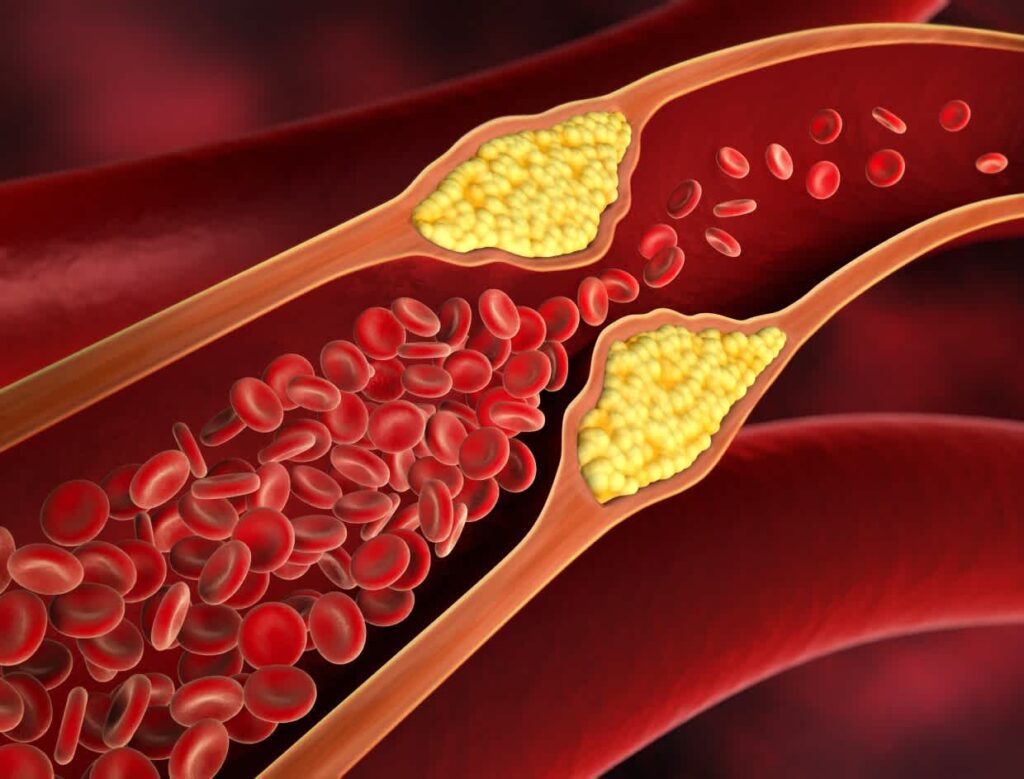With all the negative publicity surrounding cholesterol, many people are surprised to learn that it is required for survival. It’s also worth noting that our bodies naturally produce cholesterol. But cholesterol isn’t all good or all bad — it’s a complicated topic worth learning more about. But did you know that cholesterol plays an important role in our body?
Cholesterol is essential for the human body, and the liver produces 80% of it.
Is Cholesterol Bad for your Body?
Certain types of cholesterol are required for good health. Your body requires cholesterol to do essential things like make hormones and build cells. Cholesterol travels through the blood on lipoproteins, which are proteins. Lipoproteins are two types of proteins that transport cholesterol throughout the body:
- LDL (low-density lipoprotein), also known as “bad” cholesterol, accounts for most of your body’s cholesterol. High LDL cholesterol levels increase your risk of heart disease and stroke.
- HDL (high-density lipoprotein), also known as “good” cholesterol, transports cholesterol to the liver. It is then flushed from the body by the liver. High HDL cholesterol levels can reduce your risk of heart disease and stroke.
When you have too much LDL cholesterol in your body, it can build up in the walls of your blood vessels. This buildup is known as plaque. The insides of your blood vessels narrow as plaque accumulates over time. This narrowing can cause blood flow to and from your heart and other organs to be restricted and eventually blocked. Angina or chest pain or a heart attack can occur when blood flow to the heart is obstructed.
(Source: CDC)
Can You Tell If You Have High Cholesterol?
Typically, there are no signs or symptoms of high cholesterol. You may not realize you have high cholesterol until it is too late, such as when you have a heart attack or stroke. That is why it is critical to check your cholesterol levels at least every 5 years.1,2 Learn more about having your cholesterol levels checked.
Some people develop yellowish growths on their skin called xanthomas, which are cholesterol-rich deposits, on occasion. High cholesterol levels are common in people with xanthomas. (Source: CDC)
Can You Manage Your Cholesterol?
Although many people can achieve healthy cholesterol levels by eating well and exercising regularly, some may require cholesterol-lowering medications known as statins. Guidelinesexternal icon also suggests that, in addition to statins, other medications may be required to help control cholesterol.2
The following people may require statins or other cholesterol-lowering medications:
People with familial hypercholesterolemia (FH) or extremely high levels of “bad” cholesterol. FH is a genetic condition that results in high LDL (“bad”) cholesterol levels from a young age. Cholesterol levels will continue to rise if untreated. This dramatically increases the risk of developing heart disease, heart attack, or stroke at a young age.
People are suffering from cardiovascular disease (CVD). People with CVD may already have narrowed arteries due to plaque buildup. Lowering cholesterol medications may help reduce the risk of a heart attack or stroke.
Diabetes patients Type 2 diabetes reduces HDL (good) cholesterol levels while increasing LDL (bad) cholesterol levels. This combination increases your chances of developing heart disease or having a stroke.
Other groups of people, such as those at high risk of CVD, may also require cholesterol-lowering medications. Always consult with your doctor about the best ways to manage your cholesterol. (Source: CDC)
